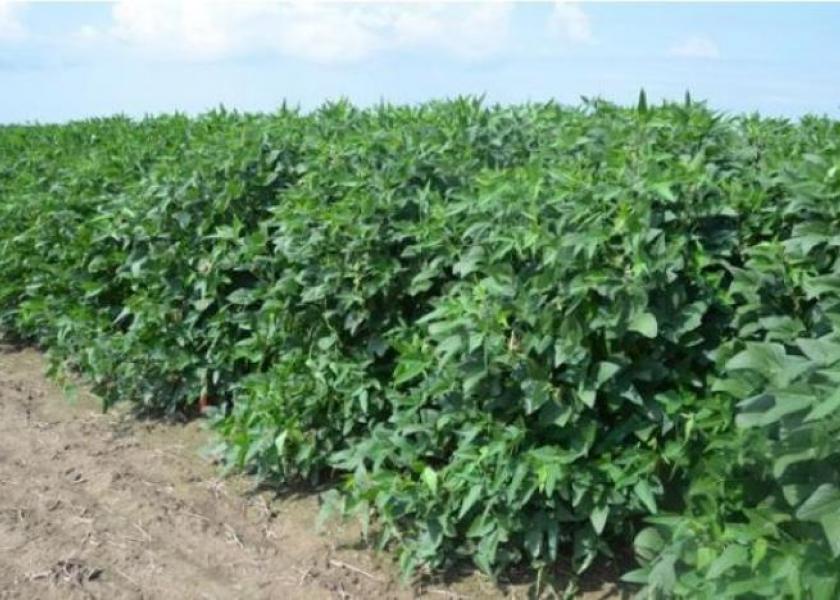Illinois Extends Dicamba Application to July 15

Update from Illinois Fertilizer and Chemical Association
The Illinois Department of Agriculture (IDA) announced they will be extending the application of dicamba to soybean to July 15, 2019.
The previous cut-off date was June 30, 2019.
IDA met last week with ag groups, including Illinois Fertilizer and Chemical Association (IFCA), to discuss the unprecedented late planting season. At the meeting we discussed how the reasons for having a June 30 cut-off still remain, namely: 1) to reduce the number of complaints; 2) to further protect sensitive crops and areas, especially trees, orchards etc. from dicamba exposure; and 3) to be proactive and address the concerns of sensitive crop growers, citizens and environmental groups over the dramatic increase in off-target dicamba symptoms in Illinois. All of these concerns remain and must continue to be addressed to preserve the use of dicamba not just in soybean, but in other crops.
IFCA's position was to continue to support the June 30 cut-off for the reasons listed above. IFCA also supports the Department of Agriculture and Director John Sullivan. We know this was not an easy decision for Director Sullivan or for anyone in the ag industry. With that in mind, we also have IDA's support to continue to remind everyone there is much at stake regarding dicamba use this year.
Please keep these facts in mind:
1. There is still a 45 day from planting date cut-off on the labels, there is still a R1 cut-off, and there is a V4 cut-toff for Tavium. If any of these factors occur prior to July 15, they supersede the IDA cut-off date.
2. The other requirements on the Special Local Needs (SLN) label in Illinois for Engenia, Xtendimax, FeXapan and Tavium are also still the law. If a residential area is adjacent or neighboring and downwind, Do not apply. To see the full and special local needs labels for the products please go to IFCA's Illinois Dicamba Training website. The revised SNL labels with the July 15 cut-off will be there shortly.
3. You must check Fieldwatch and any registries to assess and document the location of sensitive crops and areas, including DNR Nature Preserve Commission sites. To see the DNR sites, go to www.ifca.com and check out the feature we have added to the IFCA homepage. There you you can get details on the DNR Nature Preserve locations and download GIS files to your application software. Sensitive areas include trees, and you must take all precautions to avoid off target movement that will impact trees.
4. You must also check the USEPA Bulletins Live website and adhere to the additional 57 foot omnidirectional buffer if you are applying in a county with endangered species (over 30 counties).
5. If you are going to apply dicamba, please take advantage of all opportunities that still remain to apply it early, accompanied with a strong residual herbicide program. The University of Illinois provided guidance on how to use dicamba early, even in this late planting season.
IFCA encourages our ag retail members to remain vigilant and take a strong stand on dicamba stewardship. Just because the cut-off date has been extended to July 15 is not a green light to apply this product in July. Many soybeans are still sensitive to dicamba and those growers are equally under duress this year to produce a successful crop. Successful co-existence cannot be stressed enough.
We urge farmers to be proactive and communicate with their neighbors regarding their intentions to apply dicamba. Tensions remain high within the ag industry over the use of this technology, and with the decision to extend the cut-off, the scrutiny on dicamba will be even more intense. IFCA believes our industry can lead the way with stewardship; please contact us if we can assist you in any way.







